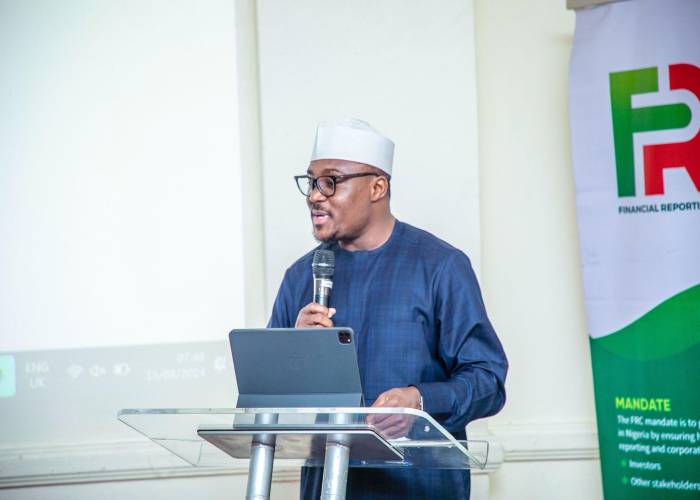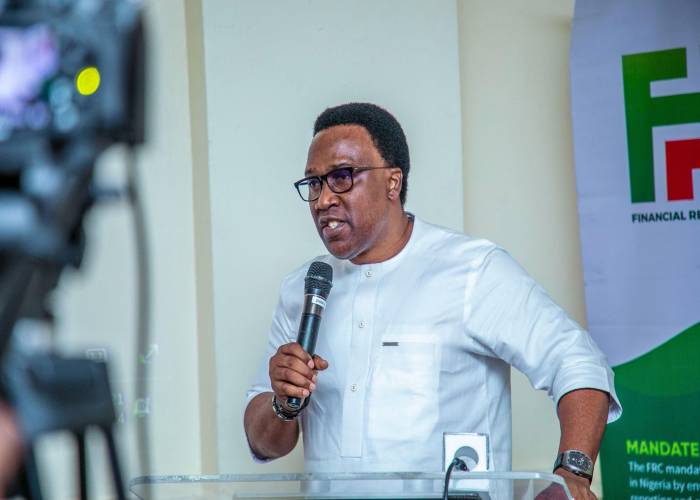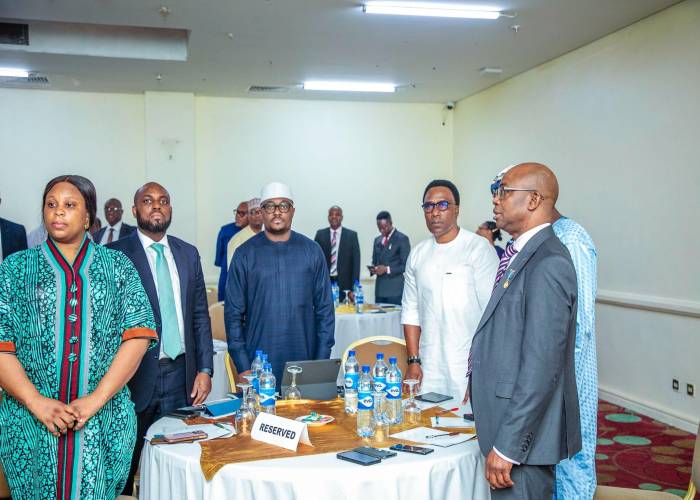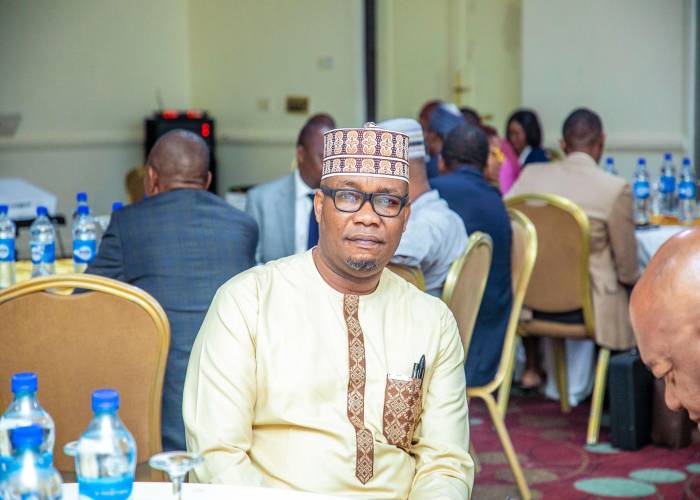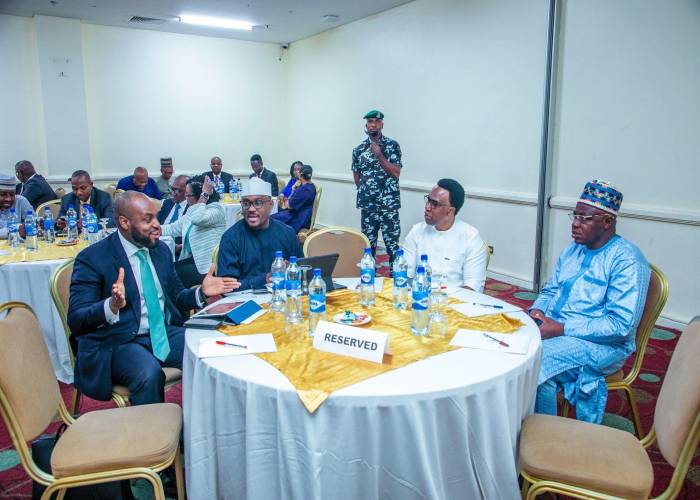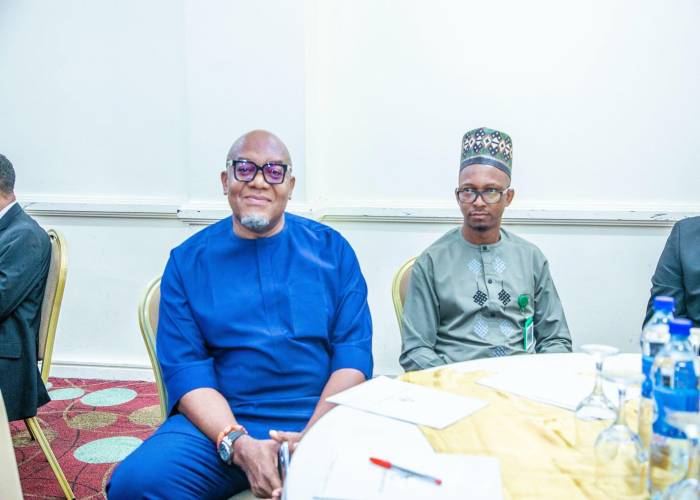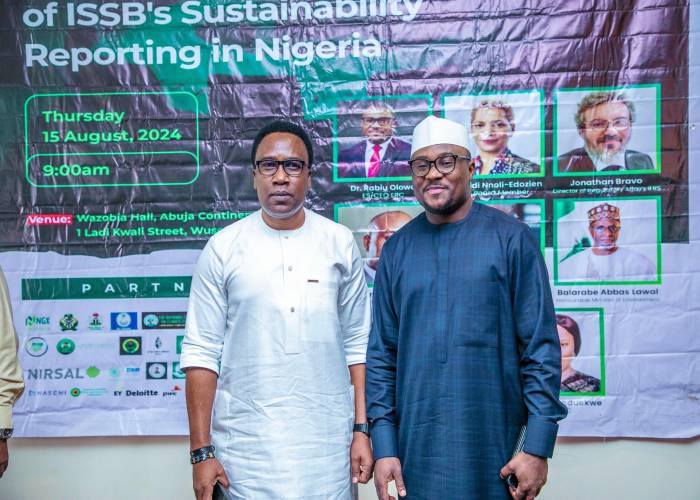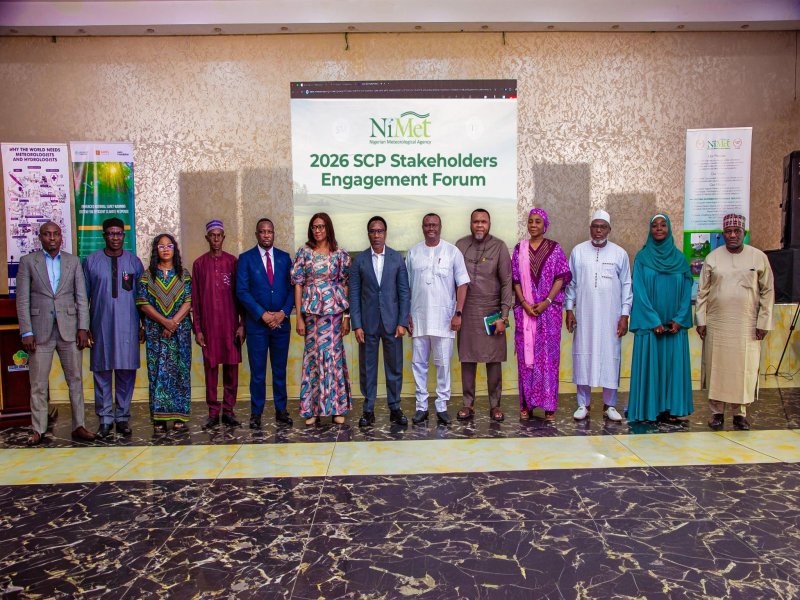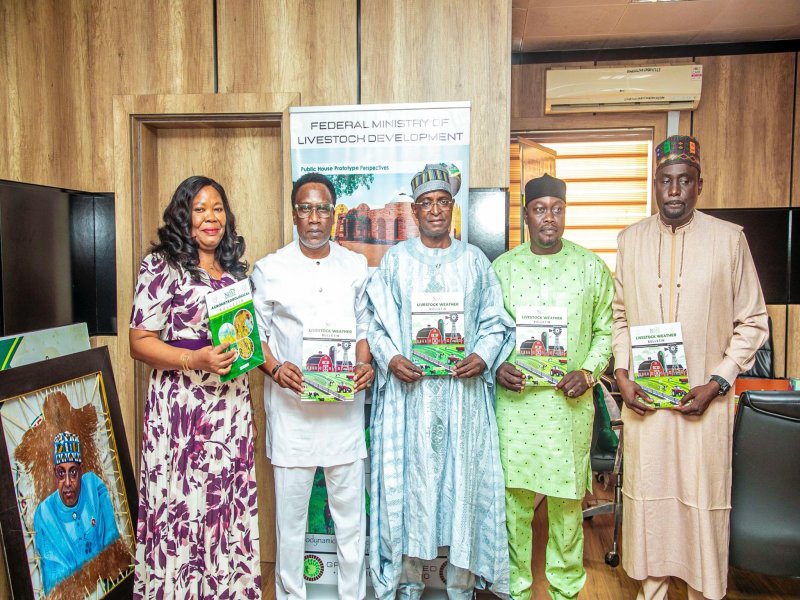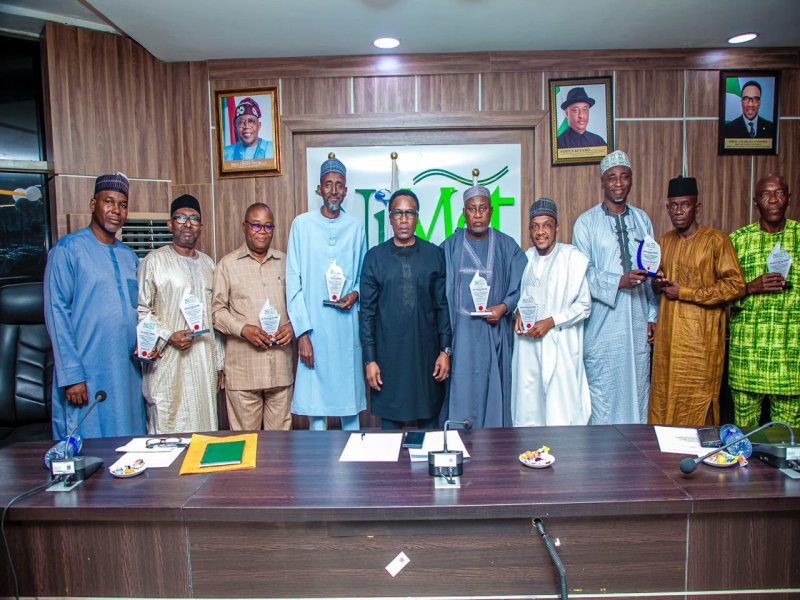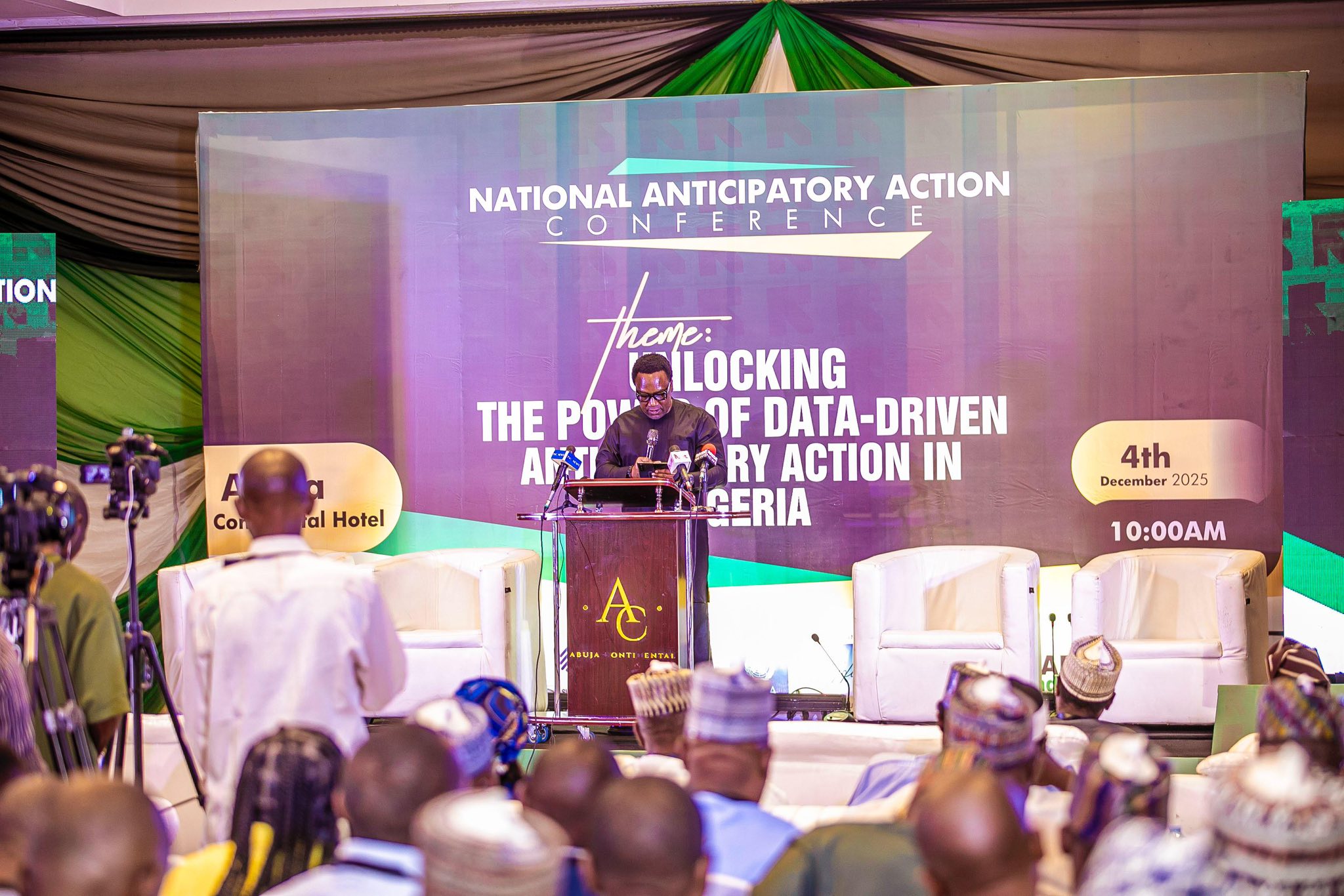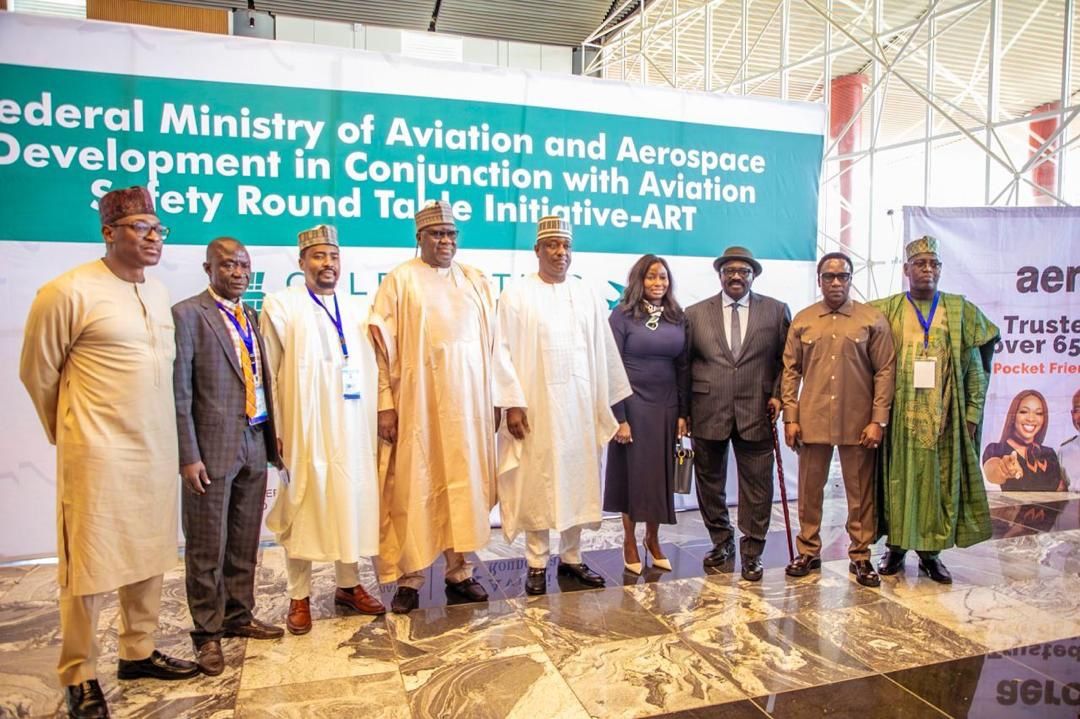The Director General and Chief Executive Officer of the Nigerian Meteorological Agency (NiMet), Prof. Charles Anosike, has called on financial regulators and other stakeholders to integrate climate risk management in their financial reporting.
Prof Anosike was speaking on Thursday, 15th August 2024, as the guest of honour at the Regulatory Roundtable on the implementation of International Sustainability Standards Board (ISSB) sustainability reporting in Nigeria, organized by the Financial Reporting Council of Nigeria (FRC).
He commended the Financial Reporting Council of Nigeria (FRC), and the Executive Secretary/Chief Executive Officer, Dr. Rabiu Olowo, for holding the roundtable.
“This is a great feat by the FRC and the Executive Secretary/CEO, Dr. Rabiu Olowo. I have been in the sustainability profession for quite a while now and we couldn't get this done over ten years ago”.
Continuing, Prof. Anosike said, “Climate change has become a top priority for our leaders in financial institutions. Because climate change is a threat multiplier, it calls for a new epistemology of risk that acknowledges not just the uncertainty but also the anthropogenic factors. The systemic risk of climate change explains why it is in the interest of regulators to ensure that climate risks, both current and future, are identified and disclosed by institutions”.
He said that due to the strategic importance of climate risk, with regard to transition to net zero, it is clearly evident, that the regulators must integrate climate risk management.
“It is incumbent for financial regulators to include environmental factors such as accounting for precipitation and temperature variability in addition to water availability and the overall climate science that supports adaptation and mitigation measures. We thank Dr. Rabiu and FRC for making good their promise that NiMet will be at the table for these conversations. The Nigerian Meteorological Agency provides the climate science that supports adaptation and mitigation measures and stands ready to support this project”, Prof. Anosike concluded.


.jpeg)
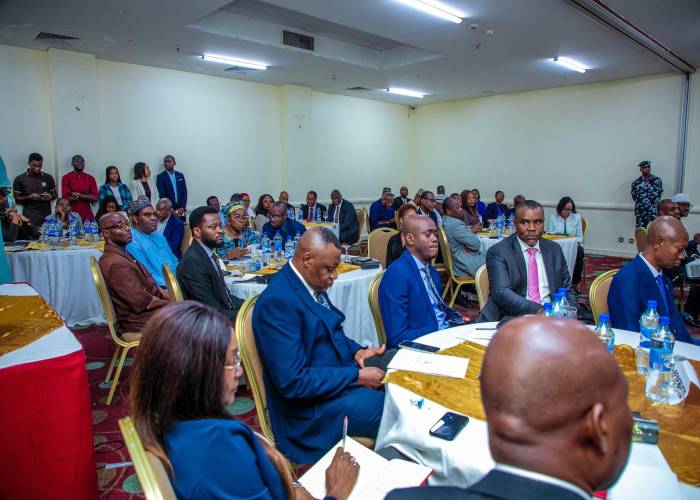
.jpeg)
